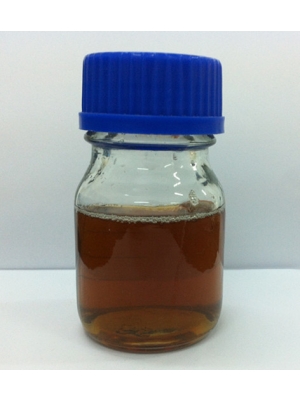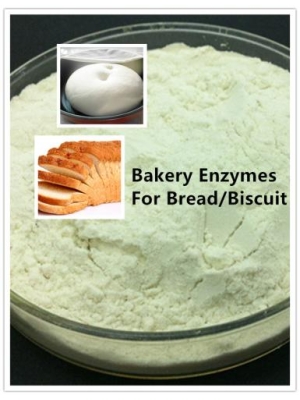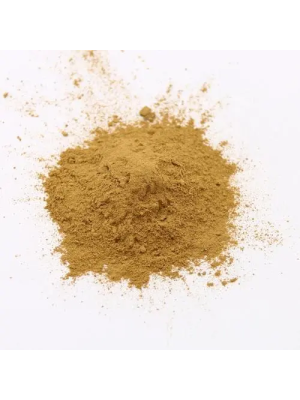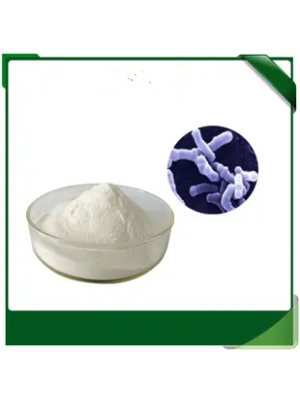ENZYME ACTINITION DEFINITION
Activity is expressed by U/g, complies with the specifications of FCC Ⅳand JEFCA.
APPLICATIONS:
|
Meat Products |
A variety of restructuring meat product like steaks, chops, meatloaf, beef, sheep, meat bacon etc. All kinds of meatballs, ham, Taiwan Sausage, ham etc. |
|
Surimi products
|
Roe bonding, Fuzhou high elasticity fish balls, Singapore soft fish balls, fish cake, fish tofu, fish cake, etc. |
|
Vegetable protein products |
Chiba tofu, QQ tofu, vegetarian food products etc. |
|
Dairy products |
Cheese, Solidifying yoghurt, stirred yoghurt, etc. |
|
Flour product |
Various types of bread, flour, steamed bread etc. |
|
Other products |
Eggs foaming improvement etc.We can offer one to one custom developed technical services and application solutions base on customers' requirements. |
Application Conditions / Usage
Raw material preparation (low value meat, ordinary soy protein, low-gluten powder etc.)
Enzyme bonding (only 0.1%, you can achieve amazing bonding effect)
Forming (only meat bonded processing)
Frozen (only meat bonded processing)
Recommended Dosage based on activity of 100-120U/g
The recommended dose rate is usually 50-500 ppm.
For frozen dough application, normally 100-400 ppm.
For dairy application, Yogurt-set during 80-330 ppm (Mid-east area case 100-120 ppm); Yougurt-stirred during 150-500 ppm (India area case 150-190 ppm); Cheese during 25-500 ppm. While, it could be optimized in the different material or production process (within a different temperature, pH and processing time).
For meat application, 100 – 150 g have to be mixed with 100 kg of the meat raw material, hold for a few minutes or several hours (depends on dosage and temperature) at 5 – 50 °C. Dramatically improved effects are obtained with the addition of 500 to 1000 g sodium caseinate per 100 kg raw meat together with the enzyme. In some cases up to 3 kg sodium caseinate per 100 kg raw meat further increases binding strength and firmness. If caseinate added together with the TG sodium chloride is not necessarily need. Nevertheless a dosage of up to 3 kg improves binding in restructured meat. Without caseinate addition sodium chloride is needed to partially dissolve the meat surface for the release of free protein ends, which react with the transglutaminase.
The transglutaminase reaction is controlled by time and temperature. Lower reaction temperatures require longer reaction times. Higher reaction temperatures require shorter reaction time. The table below lists reaction ranges and optimal conditions for the transglutaminase reaction to occur.
Usable ranges
Effective pH range: pH 5.0 to 8.0; Optimum pH: 5.0-6.0;
Effective temperature range: 3°C -60°C(36°F -140°F) ; Optimum temperature: 50℃-55℃ (122°F -131°F)
Enzyme will be inactivated quickly above 55°C.
PACKAGING
10kg per carton
STOREGE AND SHELF LIFE
● Normal room temperature in a cool, dry environment away from light, avoid high temperature, moisture, and direct sunlight, the shelf life is 12 months.
● Too long storage time or adverse storage conditions will occur different degrees reduction for the enzyme activity, proper addition for dosage will be required when using.
SAFETY
If in-taking an overdose of enzyme powder or droplet, it may cause allergic.
Long-term touch has stimulation to the skin, eyes and mucous membrane tissue.











